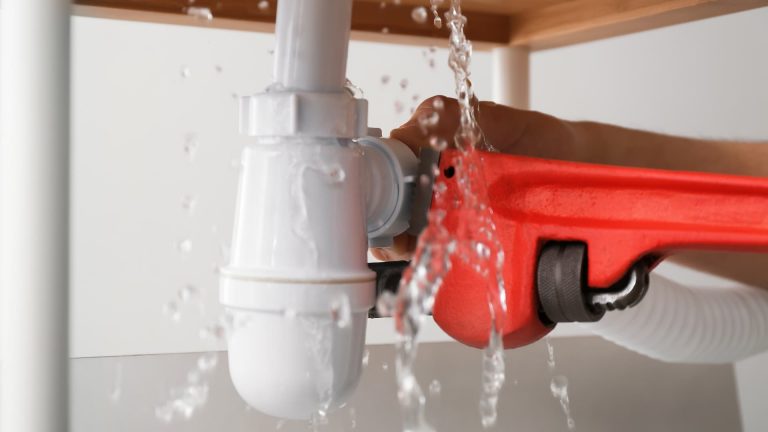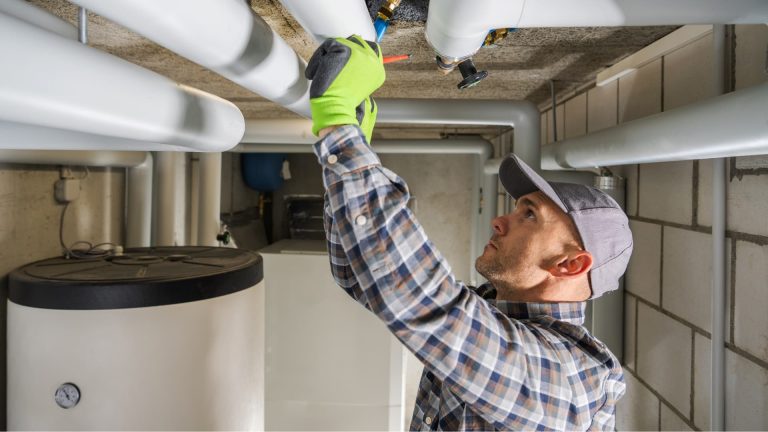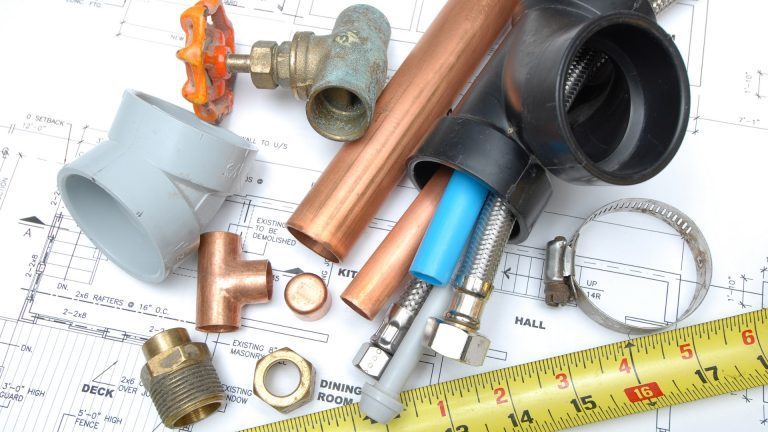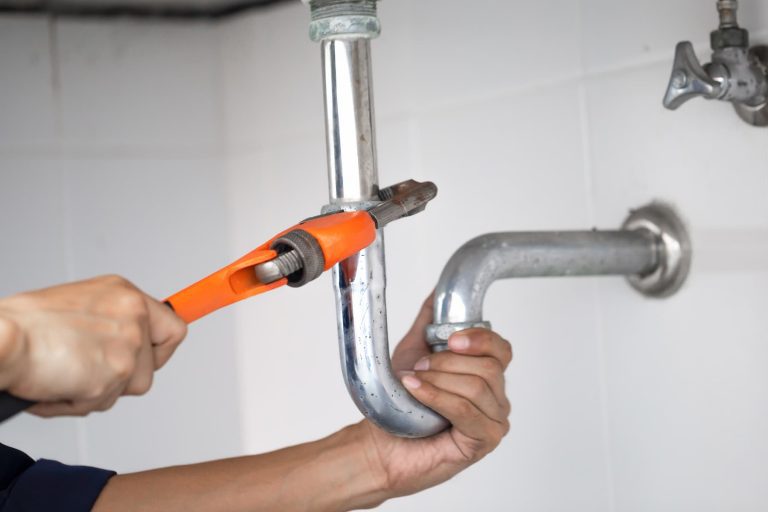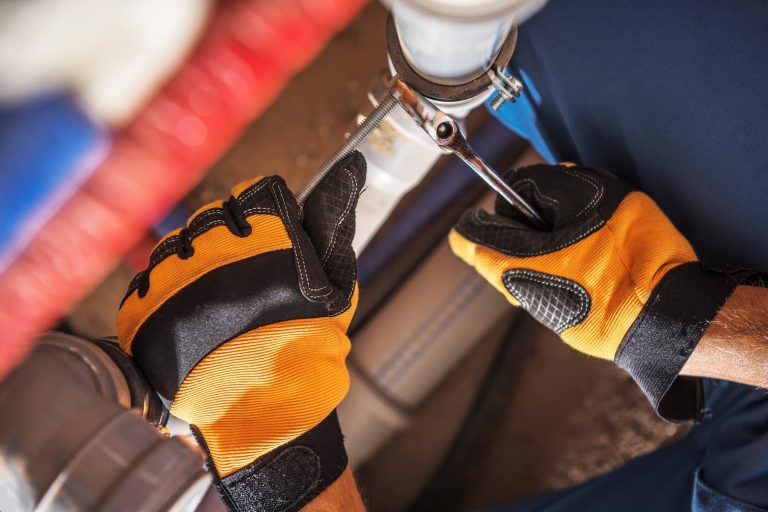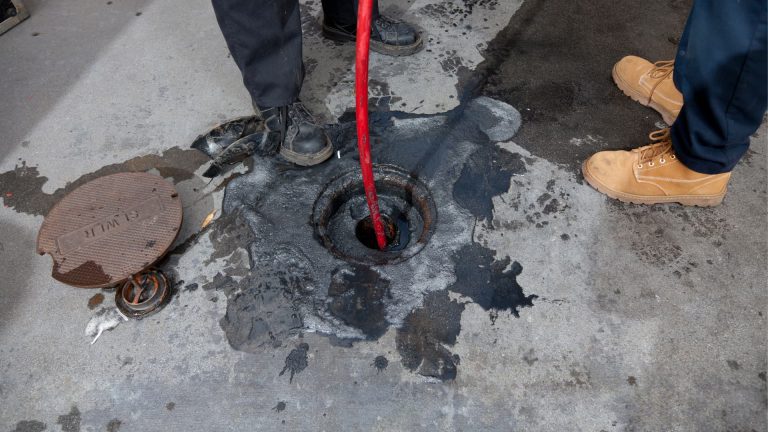Health-Friendly Drain Cleaning
Maintaining a healthy home environment extends beyond cleanliness; it also involves making mindful choices when it comes to drain cleaning. Your Trusted Plumbing Experts are here to provide you with alternatives to harsh chemicals for keeping your drains clear and efficient. Plus, discover how Putman and Sons Plumbing can be your go-to partner for professional…

